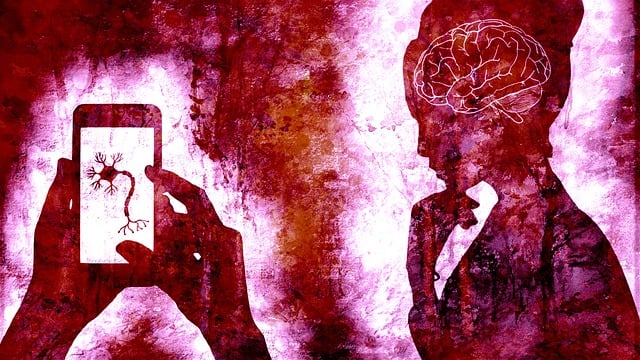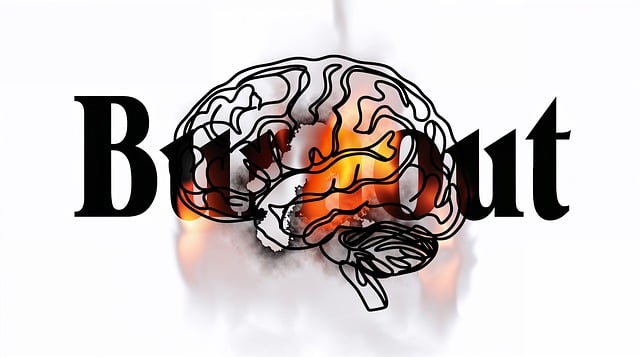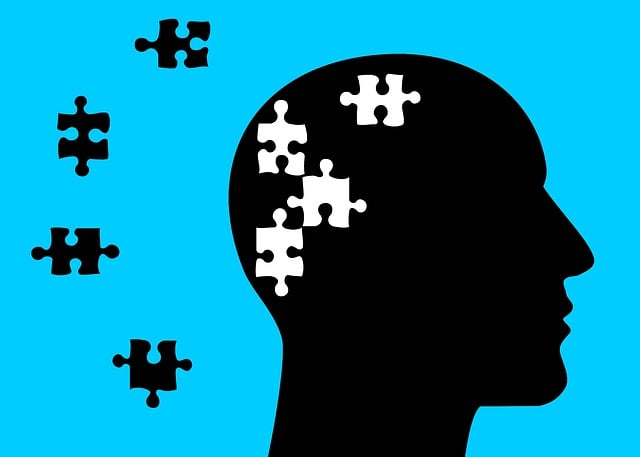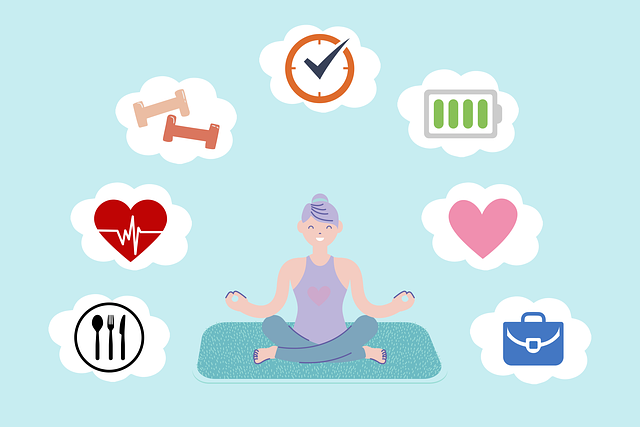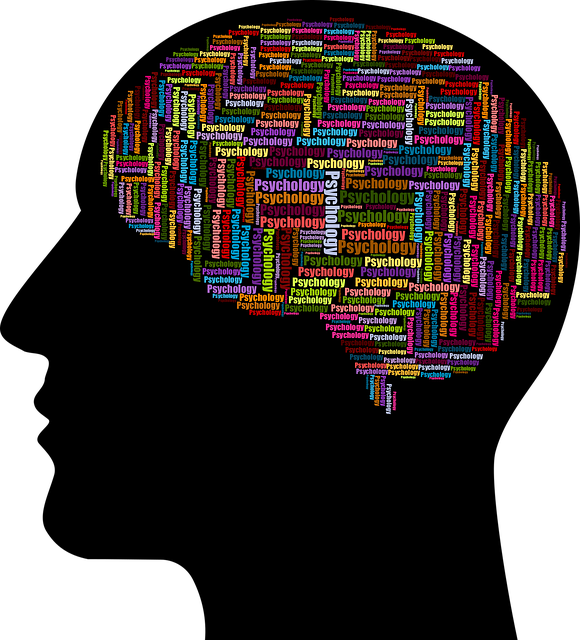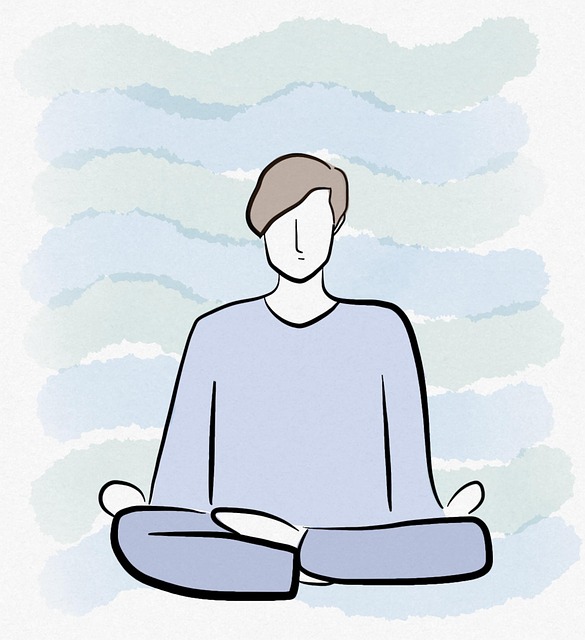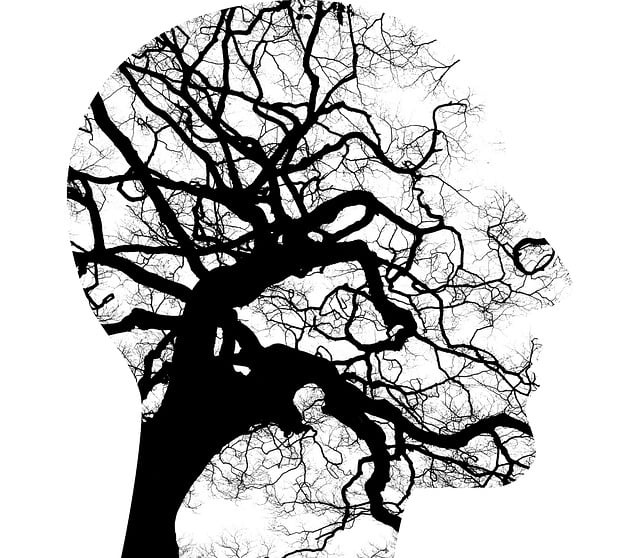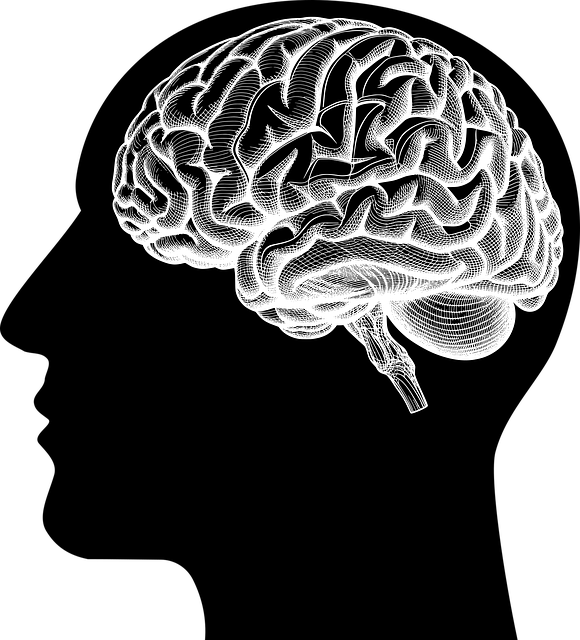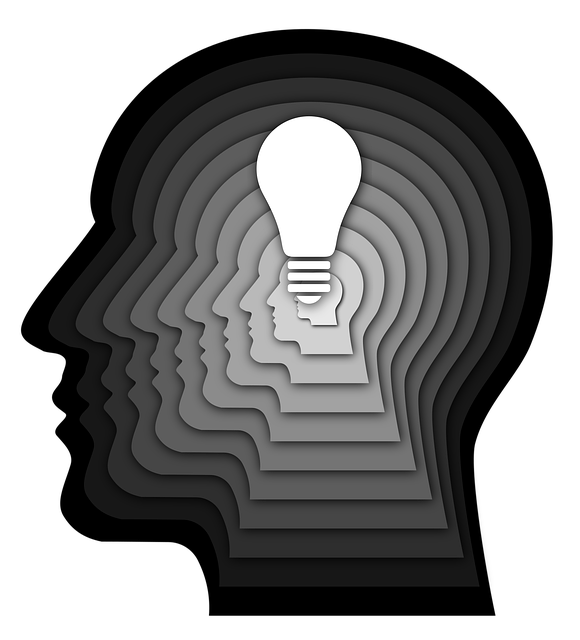Mental health issues in young children require specialized approaches like biofeedback, a growingly popular technique teaching them to regulate physiological responses to stress and emotions. Early intervention through depression prevention strategies and public awareness campaigns is crucial. Group facilitation enhances therapy outcomes by fostering peer support and teaching essential social skills, while biofeedback techniques reduce stress and equip children with lifelong self-esteem improvement methods. Engaging activities like storytelling, art therapy, music, and biofeedback create safe, supportive environments for emotional intelligence development. Incorporating self-care techniques like Mindfulness Meditation and biofeedback empowers kids to manage challenges and promotes overall well-being, fostering Mental Health Awareness.
Mental wellness group facilitation offers a powerful approach to support young children’s emotional well-being. This article explores effective techniques tailored to their unique needs, focusing on therapy through group settings and innovative tools like biofeedback. We delve into strategies that foster emotional regulation, engagement in group activities, and the promotion of self-care practices, all essential components for building resilient mindsets in young minds. Discover how these methods enhance traditional therapy for young children, incorporating biofeedback to create a nurturing environment for mental health growth.
- Understanding Young Children's Mental Health Needs
- The Role of Group Facilitation in Therapy
- Biofeedback: A Unique Tool for Emotional Regulation
- Engaging Activities for Group Sessions
- Promoting Self-Care and Resilient Mindsets
Understanding Young Children's Mental Health Needs

Mental health issues among young children often present uniquely compared to adults, necessitating specialized approaches in therapy. Young minds are still developing, and emotional regulation, coping mechanisms, and stress responses differ significantly from those of adults. Facilitators play a crucial role in understanding these nuances and tailoring interventions accordingly. One effective technique gaining traction is biofeedback, which teaches children conscious control over their physiological responses to stress and emotions. This method empowers them with tools to manage anxiety, anger, or other challenging feelings.
The importance of early intervention cannot be overstated. Depression prevention strategies are essential components of addressing mental health needs in childhood. Risk assessment for mental health professionals guides the identification of at-risk children, ensuring timely support. Public awareness campaigns development can also educate parents, caregivers, and educators about the signs and symptoms of mental distress in young individuals, fostering an environment that encourages open conversations about mental wellness.
The Role of Group Facilitation in Therapy

Group facilitation plays a pivotal role in enhancing therapy outcomes for young children. As a powerful tool within the therapeutic process, it fosters an environment that encourages peer support and promotes essential social skills. Through dynamic group interactions, children learn to express their emotions, build self-esteem, and develop coping strategies—all vital components of mental wellness.
Incorporating techniques such as biofeedback into group sessions can significantly aid in stress reduction methods. This approach enables young individuals to gain awareness and control over their physiological responses to traumatic events or challenging situations. By participating in these therapeutic groups, children not only receive trauma support services but also learn valuable self-esteem improvement techniques that will serve them well throughout their lives.
Biofeedback: A Unique Tool for Emotional Regulation

Biofeedback is a unique therapeutic tool that empowers young children to take charge of their emotional well-being using Mind Over Matter principles. This innovative approach teaches kids how to monitor and control physiological responses, offering an effective therapy for managing stress, anxiety, and even depression prevention. By providing real-time feedback about bodily functions, biofeedback devices enable children to learn relaxation techniques and improve their emotional regulation skills.
In crisis intervention guidance, biofeedback has proven invaluable. It helps young individuals identify triggers that cause physical reactions, enabling them to respond calmly rather than reacting impulsively. This proactive approach can significantly enhance a child’s ability to manage challenging situations, thereby reducing the frequency and intensity of crises. Through biofeedback, children gain valuable insights into their bodies’ language, fostering better self-awareness and emotional resilience.
Engaging Activities for Group Sessions

In facilitating mental wellness group sessions for young children, engaging activities play a crucial role in creating a safe and supportive environment that encourages open communication. Techniques such as storytelling, art therapy, and music can be instrumental in fostering emotional intelligence and stress management skills. For instance, incorporating biofeedback into these activities allows children to learn how to regulate their physiological responses, an aspect often overlooked in traditional therapy for young children.
The production of a Mental Wellness Podcast Series can offer valuable insights into innovative facilitation techniques, including engaging activities that promote mental wellness among peers. By combining interactive exercises with evidence-based practices, facilitators can create a dynamic and inclusive atmosphere where each child feels valued and empowered to navigate their emotional landscapes. This holistic approach not only enhances the overall effectiveness of group sessions but also prepares young participants for effective stress management in their daily lives.
Promoting Self-Care and Resilient Mindsets

In facilitating mental wellness groups for young children, one effective strategy is incorporating techniques that promote self-care and resilient mindsets. These sessions aim to empower kids with tools to manage their emotions, reduce stress, and enhance overall well-being. For instance, teaching Mindfulness Meditation can help children develop a sense of calm and focus, enabling them to better navigate challenging situations.
Biofeedback is another valuable tool that combines science and relaxation techniques. It teaches young participants how to monitor and control certain bodily functions, such as heart rate and muscle tension, thereby fostering self-awareness and self-regulation. By integrating these practices into group activities, facilitators contribute to the growing Mental Health Awareness, encouraging children to adopt healthy habits early on and build resilience against stress and anxiety.
Mental wellness group facilitation offers a powerful approach to supporting young children’s mental health. By combining techniques like biofeedback with engaging activities, facilitators can create a safe space for emotional regulation and resilience-building. Understanding each child’s unique needs, as discussed in this article, allows for tailored interventions that promote self-care and effective therapy for young minds, especially when incorporating innovative tools like biofeedback.

